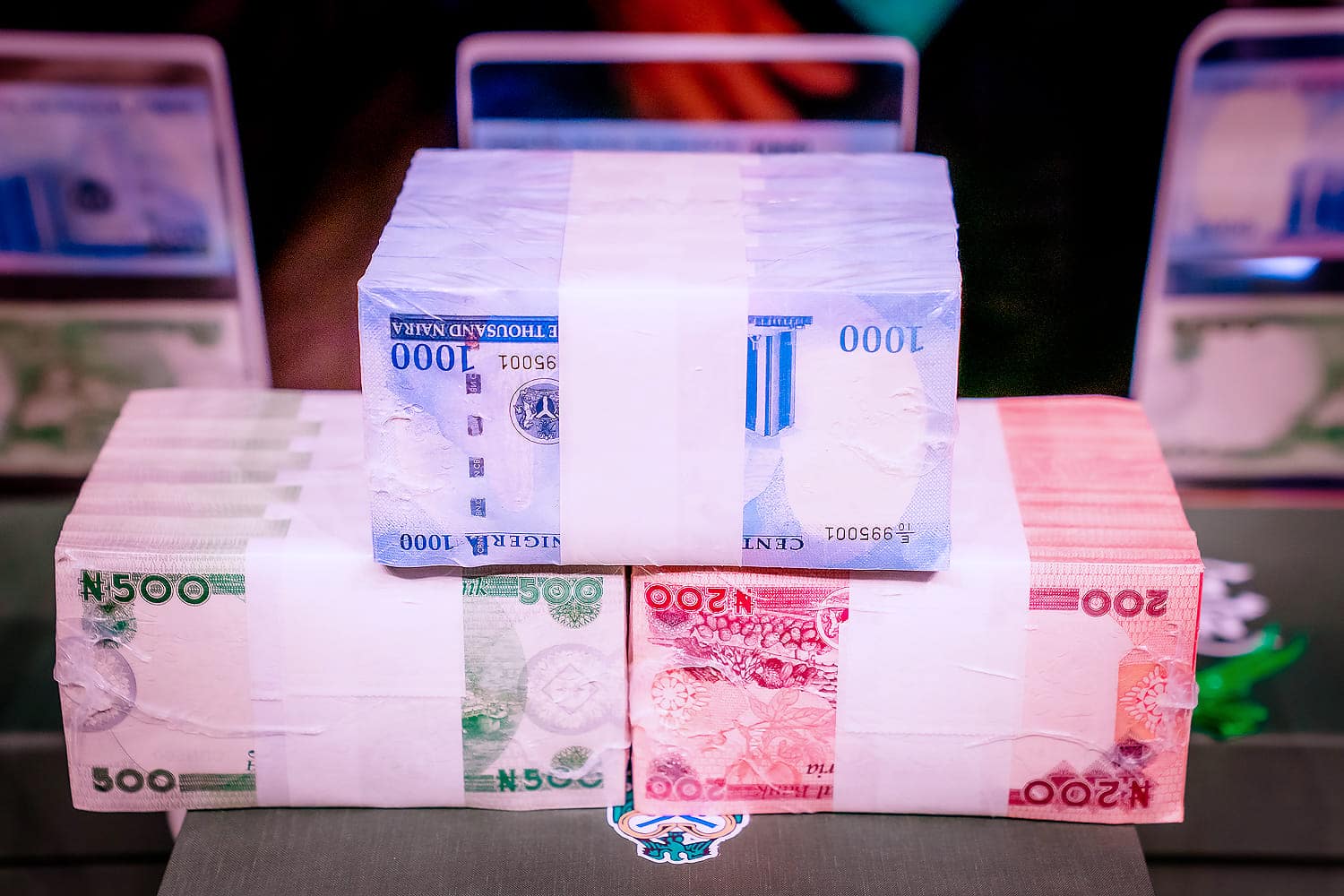The Nigerian naira has been ranked as one of the worst-performing currencies in Sub-Saharan Africa for 2024, according to the latest report by the World Bank.
By August 2024, the naira had depreciated by about 43% year-to-date, placing it in the same category as the Ethiopian birr and the South Sudanese pound. This steep decline has been attributed to a high demand for U.S. dollars in Nigeria’s parallel market, combined with limited dollar inflows and slow foreign exchange allocations from the central bank.
The World Bank report highlights that financial institutions and money managers have worsened the strain on the naira by driving up demand for U.S. dollars.
While the Nigerian government has implemented reforms, including the liberalization of the official exchange rate in June 2023, these measures have not been enough to stabilize the currency. Broader economic challenges, such as dwindling foreign reserves and inflationary pressures, continue to impact the naira’s performance.
The currency depreciation has led to higher domestic prices, particularly for imported goods, further straining Nigerian consumers. However, on October 14, the naira showed a brief improvement, appreciating by 5.69% against the dollar, moving from ₦1,641.27/$1 to ₦1,552.92/$1. Despite this, foreign exchange turnover dropped by 44.27% during the same period.
Looking ahead, the World Bank forecasts a 3.3% growth in Nigeria’s economy for 2024, with a slight increase to 3.6% in 2025 and 2026 as reforms take root. However, inflation remains a major concern, particularly following the removal of fuel subsidies in mid-2023, which has tripled gasoline prices and pushed up transportation and logistics costs across the country.
